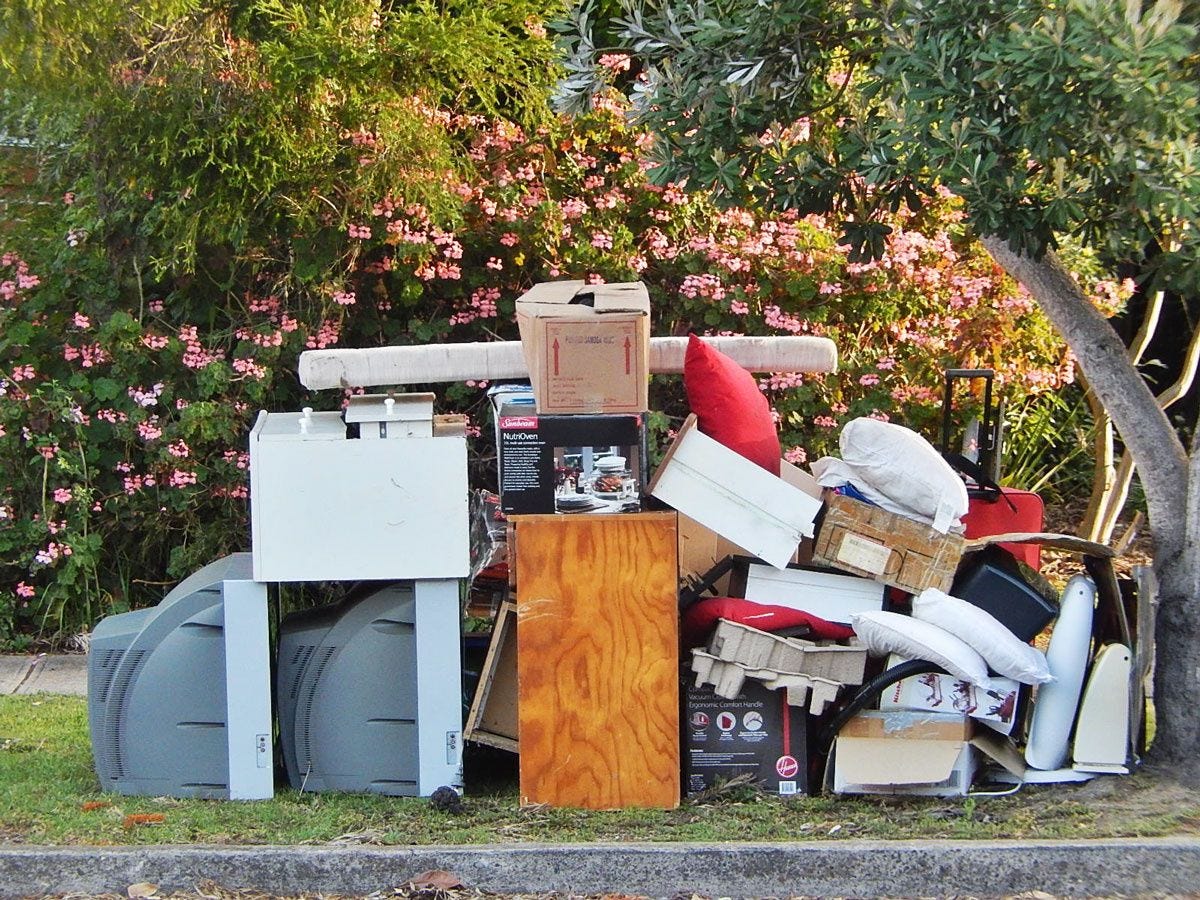
The Junk Removal Industry’s Future: Emerging Trends And Innovations
In the realm of waste management, junk removal plays a crucial role in maintaining clean and organized spaces. As we move further into the 21st century, the junk removal industry is witnessing significant transformations driven by technological advancements, environmental concerns, and changing consumer preferences. In this article, we’ll explore the future of junk removal, highlighting emerging trends and innovative solutions shaping the industry.
Technological Integration
One of the most notable trends driving the future of junk removal Springfield va is the integration of technology into service offerings. From online booking platforms to mobile apps for scheduling pickups, junk removal companies are leveraging technology to streamline operations and enhance customer experiences. Real-time tracking systems allow clients to monitor the progress of their removal projects, while advanced routing algorithms optimize efficiency and reduce fuel consumption.
Sustainable Practices
In the rubbish removal business, environmental sustainability is becoming more and more crucial. With growing awareness of climate change and the impact of waste on ecosystems, consumers are seeking eco-friendly solutions for disposal and recycling. In response, many junk removal companies are implementing sustainable practices such as recycling, composting, and donation programs to minimize landfill waste. Innovations in waste-to-energy technologies are also emerging, offering alternative methods for managing non-recyclable materials.
Circular Economy Initiatives
The garbage collection business is starting to embrace the idea of a circular economy, which recycles, reuses, and regenerates resources. Companies are looking for ways to recover value from discarded materials rather than seeing waste as an issue that needs to be disposed of. This includes upcycling furniture and fixtures, repurposing objects for resale, and restoring electronics. Garbage removal services can help create a more sustainable and resource-efficient future by adopting the concepts of the circular economy.
Data Analytics And Predictive Modeling
Data analytics is revolutionizing how junk removal Arlington va companies operate and strategize for the future. By analyzing historical data on waste generation patterns, customer preferences, and demographic trends, companies can optimize their service offerings and resource allocation. Predictive modeling algorithms can forecast demand for junk removal services, enabling companies to proactively adjust their schedules and staffing levels to meet fluctuating demand. This data-driven approach enhances efficiency, reduces costs, and improves overall service quality.
Robotic And Automated Solutions
Technological developments in automation and robotics are changing the rubbish removal industry. Artificial intelligence and computer vision-enabled robotic systems can effectively sort and separate various waste products, decreasing the requirement for manual labor and increasing sorting accuracy. Automated collection vehicles equipped with robotic arms and sensors can navigate tight spaces and collect bulky items with precision, enhancing operational efficiency and worker safety.
On-Demand And Subscription Models
The rise of on-demand and subscription-based business models is transforming how junk removal services are accessed and consumed. Instead of traditional one-time pickups, customers can now subscribe to recurring removal services on a weekly, monthly, or quarterly basis. On-demand platforms allow users to request pickups at their convenience, with flexible scheduling options and transparent pricing. These approaches give consumers more freedom and convenience and give service providers a steady source of income.
Augmented Reality And Virtual Reality
Augmented and virtual reality technologies are being utilized to enhance the customer experience in the junk removal industry. AR apps can help customers visualize how their spaces will look after decluttering, allowing them to plan and customize their removal projects more effectively. VR simulations enable junk removal companies to train employees in virtual environments, simulating real-world scenarios and enhancing safety protocols. These immersive technologies improve engagement, communication, and decision-making throughout the removal process.
Conclusion
Technological advancement, innovation, and sustainability define the rubbish removal industry of the future. We should anticipate further technological integration, the adoption of sustainable practices, and a focus on the circular economy concepts as the sector develops. Junk removal businesses may position themselves for success in a market that is evolving quickly and help create a cleaner, greener future for everybody by embracing these trends and technologies.